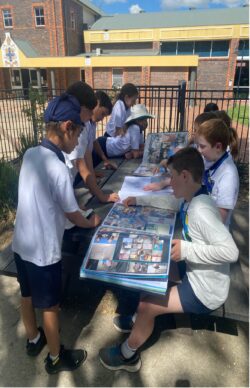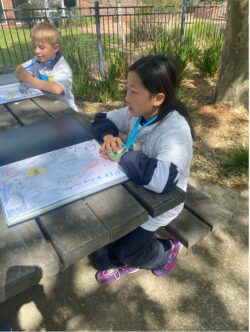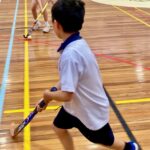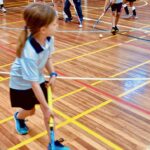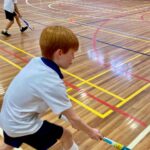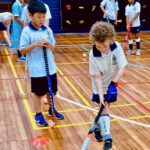TAS Talks Term 4 Week 5

01. From the Principal
DR RACHEL HORTON
What a pleasure it was to see the Year 12 students last week enjoying each other’s company through their final week at school. While it has been a long time coming for them, the realisation that their time at school was ending still took some of them by surprise. The inevitable emotions associated with the end of an era were clearly present for both students and the staff who have supported them for so long, at the end of the week.
This year’s graduating cohort is an incredibly diverse yet close-knit and supportive group of young people, a sentiment that was echoed by Stirling Munsie as he spoke to them last Friday on behalf of the Year 11 students.
At their final lunch, they also heard from Old Armidalian Tom Wyatt (2012) who spoke from his home in Emerald via Zoom. Tom is passionate about the role of technology in agriculture. Alongside his wife Annabel, he has recently started a company called Span Engineering designing and making systems to remotely control pumps, channel gates and silo aerators from a handheld device.
Tom gave our students four key pieces of advice that are particularly relevant for them as they leave school. In ascending order:
4 – See the world in as many colours as you can. Not everything is black and white, so try and understand the subtleties of different perspectives
3 – If you take good risks, you cannot lose. Whether it be a life skill, business plan, trip away, apprenticeship, study, or a new friendship; if you are engaging with good people then it is a good risk. Also be prepared to fail, because if you don’t fail, you are either extremely lucky or not aiming high enough. Take on challenges with integrity and humility.
2 – Find people you admire and learn from them.
1 – Life is long but passes quickly. Take the time to savour the moment.
It is always wonderful to hear from TAS graduates and we are very grateful to Tom for his time last week. We very much hope he will be able to join us in person to speak about his experiences in due course.
We wish all our Year 12 students the very best of luck in their upcoming HSC exams and in their future endeavours beyond the gates of TAS.
Dr Rachel Horton
Principal
NOTICEBOARD
The Armidalian 2020 - Order now!

The Armidalian magazine is the official record of The Armidale School, published annually. Not surprisingly for a school with such broad academic, co-curricular, residential and adventure programs, it is of considerable size.
The 2020 edition, which will number around 200 pages, is now at the printers. In the interests of reducing our environmental footprint and in consideration of those who may prefer to only have a digital version, we are offering families who had a student at TAS in 2020, the choice of receiving it online or one print copy per family.
If you would like a print copy, please register your interest with the email sent to all 2020 parents, last Friday. If you can’t find the email, click on the link below. Please submit your response by Monday 8 November, 2021. If we do not hear from you, we will presume you are happy to receive The Armidalian in digital format only.
Tim Hughes
Editor
ARMIDALIAN SURVEY LINK

02. COVID-19 UPDATE
Given the current cases in Armidale, we ask that all parents monitor NSW Health advice on exposure sites to determine whether they have been exposed to the virus. This information can be found at the Hunter New England Health site here on the link https://www.health.nsw.gov.au/Infectious/covid-19/Pages/default.aspx
The process of contact tracing identifies people who are either ‘close’ or ‘casual’ contacts with an infected person. A ‘close contact’ is someone who has had direct exposure to a COVID-19 infected person and any close contacts would have to immediately isolate at home for a period of time determined by NSW Health and be there until they have a negative COVID-19 test. The risk of infection is reduced if masks are worn, if there is social distancing and ventilation (such as being outdoors) and if one or both people have been vaccinated.
A ‘casual contact’ is someone who has been within two (2) metres of person with the virus, this could mean being in the same room but not necessarily talking to them. Casual contact usually requires isolation only until a negative COVID-19 test has been received.
If you or your child are identified as being a close or casual contact, please inform the school immediately on [email protected]
It is very important that if anyone in your household has flu like symptoms they get a COVID test and stay at home. Students should not return to school until they have had a negative result and all symptoms have cleared. For more information on the School’s approach to managing COVID-19, please see the information on the Parent Portal by clicking here www.as.edu.au/parents/.
As you know, restrictions around school operations are different to those that exist currently in NSW. In order to protect young students who have not yet had access to vaccination, Year 12 HSC students and school staff, NSW Health and AISNSW have issued Level 3 Guidelines for Schools that are likely not to be changed until the HSC exams are over. These guidelines are in addition to the legal requirements set out in the current Public Health Order. Our current rules include the following:
- Students from Years 6 – 12 and all staff must wear masks indoors
- Junior School students are recommended to wear masks while indoors
- Year groups are separated from each other where possible to create year group bubbles
- No parents or external visitors are allowed on the school campus – even when double vaccinated
- No school assemblies – these will continue to be live streamed
- No singing or chanting
- Social distancing, hand hygiene are crucial and must be practiced throughout the day
It is our shared goal to minimise the chances of a positive COVID-19 at TAS, and the potential impact of a case if it does occur. For this reason, we advise that you remain vigilant and if you have not yet had a vaccination, please consider doing this for your own safety and for that of others. For information about where and how to get vaccinated, please use this link https://www.health.nsw.gov.au/infectious/covid-19/vaccine/Pages/default.aspx
If there is a case of COVID-19 at TAS, we will alert parents immediately and take all necessary action to ensure our students and staff are back on site as soon as possible.
Meanwhile we continue to stay abreast of changes being made by the NSW Government in regards to the lifting of some restrictions for schools, and these will be communicated through TAS Talks and the COVID-19 page.
If you have any questions or concerns, please email [email protected]

03. From the P&F
MR PAUL GADDES

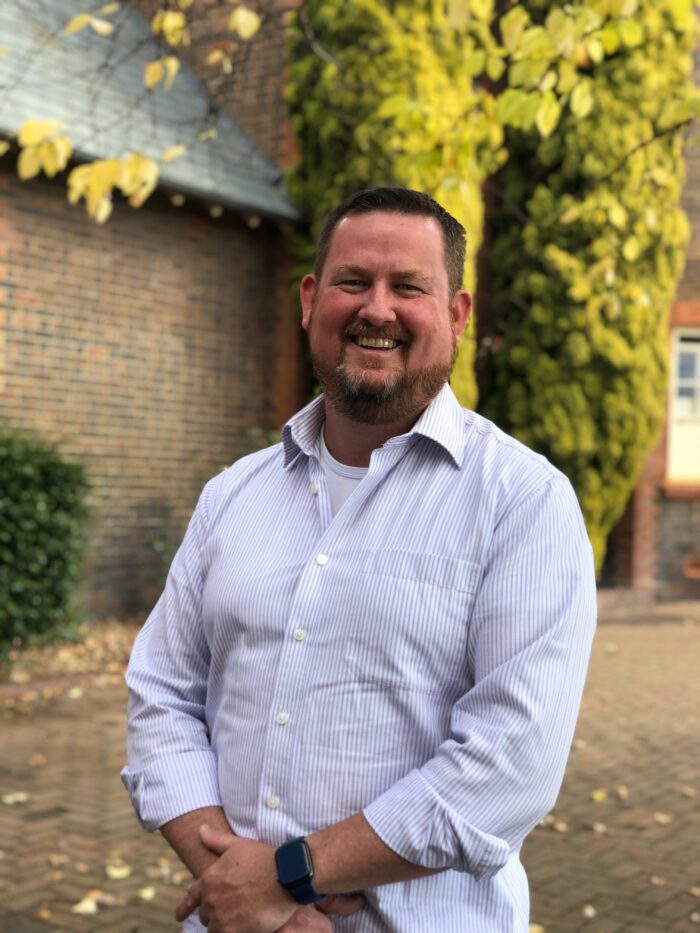
Christmas Puddings
The P&F Puddings are selling fast. Secure yours for this festive season.
Puddings can be ordered online here https://www.trybooking.com/BUEZP
Next P&F Meeting – Wednesday 24 November
The next General P&F meeting is on this Wednesday 24 November. Please note the date change.
As this is the last meeting for 2021, we will be face to face at a local venue. Pencil the date in and stay tuned for details.
Contact the P&F Executive
If you have anything you would like to raise with the P&F Executive, please send us an email on [email protected]
Mr Paul Gaddes
P&F President

04. From the Director of Studies
MR LUKE POLSON

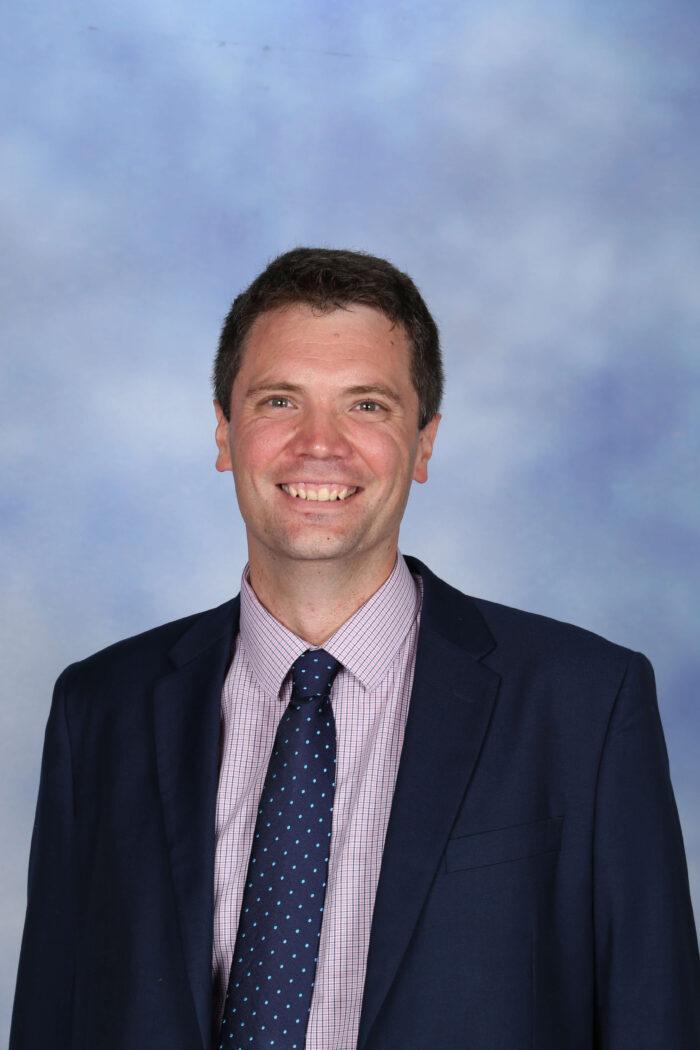
Year 12
ICAS
Electives
Director of Studies

05. Wellbeing
A moment with Mack

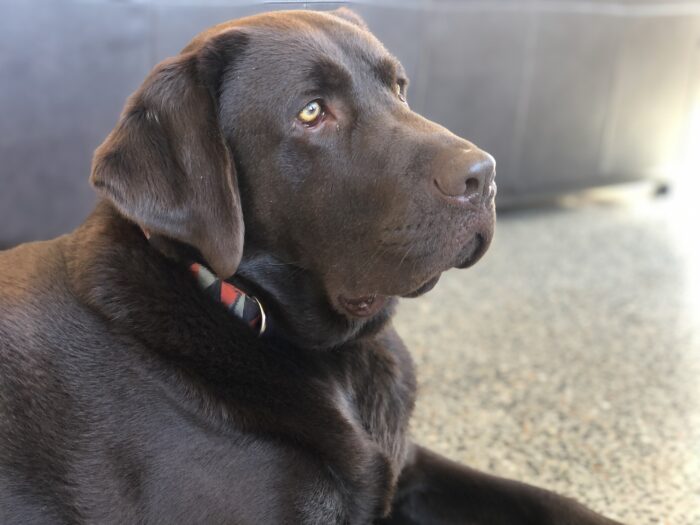
Part 5 – Self Reg series - Biological domain
We are now into the second half of this Self Reg series and for the next few weeks, we will be going through each of the 5 domains and using the 5 steps of Self Reg. Whilst we will be looking at each domain individually for the purposes of learning more about each one, I want you to remember that each of the domains is interconnected and really must be considered as such.
This week we are taking a look at the biological domain. Be prepared, you may never see your child’s behaviour, or your own, in the same way ever again! You will (hopefully) shift perspectives from one of behaviour management to one of understanding behaviour. It is through understanding what the behaviour is communicating, that we can see behind it and address the stressors. Most behavioural issues are born from a problem that needs to be solved (stress), or a skill that needs to be learnt (lagging skills). The important thing here is to pay attention to the tone and presentation of the child/person, not the words were spoken.
Misbehaviour and Stress behaviour
Misbehaviour is fundamentally tied to acting with free will, choice and awareness. The child could have acted differently and was even aware that they should have acted differently.
Stress behaviour is physiologically based. When a child is reacting to stress they are not deliberately choosing their actions or are even aware in a rational way, of what they are doing. The child may be lashing out (verbally or physically), or bolting (verbally or physically), or even shutting down and being non-compliant because their nervous system has shifted into fight or flight (red brain).
Now, it is important to consider whose perspective matters in such situations. Often I speak with students who have got ‘into trouble’ for something they have done, and there is a tremendous sense of injustice, or sheer frustration, because there was no intention on their part, they were in red brain (for any number of reasons) and were unaware or unable to change their behavioural response at that moment. An observer may see impulsiveness through hitting out, or yelling, or even being disengaged or argumentative in class.
The reason why we must distinguish between misbehaviour and stress behaviour is that if you apply the traditional reward and punishment approach to behaviour modification, you will actually make matters worse by increasing the child’s stress load. When you are seeing a child who is confused, fearful, angry, or with deep distress in their face, if they avert their eyes or find it hard to look at you, these can be signs of hyper-arousal and of stress behaviour. Please take time to pause and ask yourself “why this child” and “why now”?
What is limbic resonance and how to share your calm
The reason I have started with the biological domain is that it is so central to all the other domains. As discussed in previous articles, in the biological domain we are dealing with the nervous system and stress response. What is really important here, in addition to knowing how this system works, is the fact that we are interconnected – blue-toothed if you will. This phenomenon is called ‘limbic resonance’. Our limbic systems are hardwired to respond in kind when someone else is aroused – either positively or negatively. This is why laughter is contagious and if someone shouts angrily at us we instantly want to shout back. The limbic system doesn’t bother to make fine distinctions as to whether the source of perceived threat is a beloved parent, a friend or a teacher; a threat is a threat – again whose perspective counts come in here! Someone else’s behaviour can trigger a flood of negative emotions in another.
If we had a brain scan machine for someone who is in fight or flight (red brain), we would see something amazing happening within the brain. When a stressed, or hyper-aroused brain is scanned, the limbic system (red brain) is lit up ‘like a Christmas tree’ and the prefrontal cortex (blue brain) is quite subdued. This suggests that the limbic system is dominant and the reasoning, rational part of the brain, is going to have a hard time having any influence on a person’s behavioural response.
By first calming yourself, you can counteract the effects of limbic resonance, bring your own prefrontal cortex (blue brain) back online, and be in a better state to help the other person.
OK, now time for the Self Reg 5 steps:
Step 1 – Read the signs and reframe the behaviour
For behaviour that is reactive, impulsive, frustrating for you, or appears to be dis-respective or is ‘pushing your buttons’, take a moment to consider the behaviour – is it a red brain response?
Step 2 – Become a stress detective
Look for patterns and sources. Remember that a stressor is “anything that disrupts homeostasis – the internal balance that an organism needs to deal with external challenges and to attend to its internal requirements” (Shanker 2016). In the biological domain, energy is central so you will want to check the most basic sources of energy and recovery – if they are low, that is a biological stressor. The basic biological considerations are:
- Sleep
- Nutrition and eating habits
- Movement and exercise
- Body awareness
- Health status and special considerations, such as sensory sensibilities.
Being attuned to the needs of children is mostly by trial and error – what has a calming effect and what has the opposite? When a child behaves in a way that we, as adults, find troubling, frustrating or annoying, we need to PRESS PAUSE and ask ourselves: What’s the source of stress that’s triggering this behaviour? This could be you, or it could be something else. You don’t have to be a neuroscientist to figure out this question but you do have to become a bit of a stress detective. If you are in ‘disciplinarian’ mode, you’ve already decided that the child is being self-indulgent or wilfully disobedient and that you need to ‘lay down the law’. If you suspect this is stress behaviour, you need to become calm and reflective.
Step 3 – Reduce the stress
Now, this might seem like a straightforward exercise and something simplistic… for example, if your child is sensitive to noise, you might try to ‘turn down the volume’ at home and keep a calm and quiet home. But this is not that easy to control at school. In terms of sensory stress, noise is a big problem in schools. For a child who is sensitive to noise, this will drain the nervous system, affecting concentration, behaviour and mood. Avoiding noise is not realistic. There are some things we can do to try and reduce or manage the sensory sensitivities such as earplugs, noise-cancelling headphones, but there is also trying to reduce a child’s core stress level – such as being well-rested, eating regularly, being hydrated.
Step 4 – Reflect to develop self awareness
The goal of Self-Reg is to help kids to recognise a state of low energy and high tension (remember the Thayer Matrix from last week?) and then to know what to do about it. For that to be possible, they have to be able to recognise when they are hypo or hyper-aroused and this is only possible if they know what it feels like to be calm – calm is not quiet and distracted like kids are when they are on technology. Being calm and enjoying being calm is the same side of the coin. This involves being fully present in the ‘here and now’ – a state of mindfulness if you will. Mindfulness practices are helpful…
Step 5 – Respond to figure out what your child finds calming
One of the most important distinctions that you will learn with Self Reg is the difference between ‘quiet’ and ‘calm’, and this is something your child needs to learn too! Video games, phones and anything tech has a quieting effect. Calmness is an entirely different state. When a child is calm they are relaxed, aware of what is going on inside and around them, and enjoying the state they are in. This is perhaps the most challenging but enjoyable aspect of Self-Reg detective work. Unfortunately, there is no ‘one size fits all’ answer and again the trial and error rule applies. Teens who have struggled with self-regulation issues for some time may need to experiment more than a younger child to find mindfulness techniques that click. What takes you into a relaxed state may not work for your child, but experiment with things like yoga, leatherwork, knitting, needlework, craft, painting, playdough, a timber building, Lego, reading, colouring in……… you may need to experiment and persist through the frustrations of learning a new skill, but generally I have found that busy hands makes for a still mind.
Ms Alix Goudge
Counsellor

06. From the Director of Co-curricular
MR HUON BARRETT

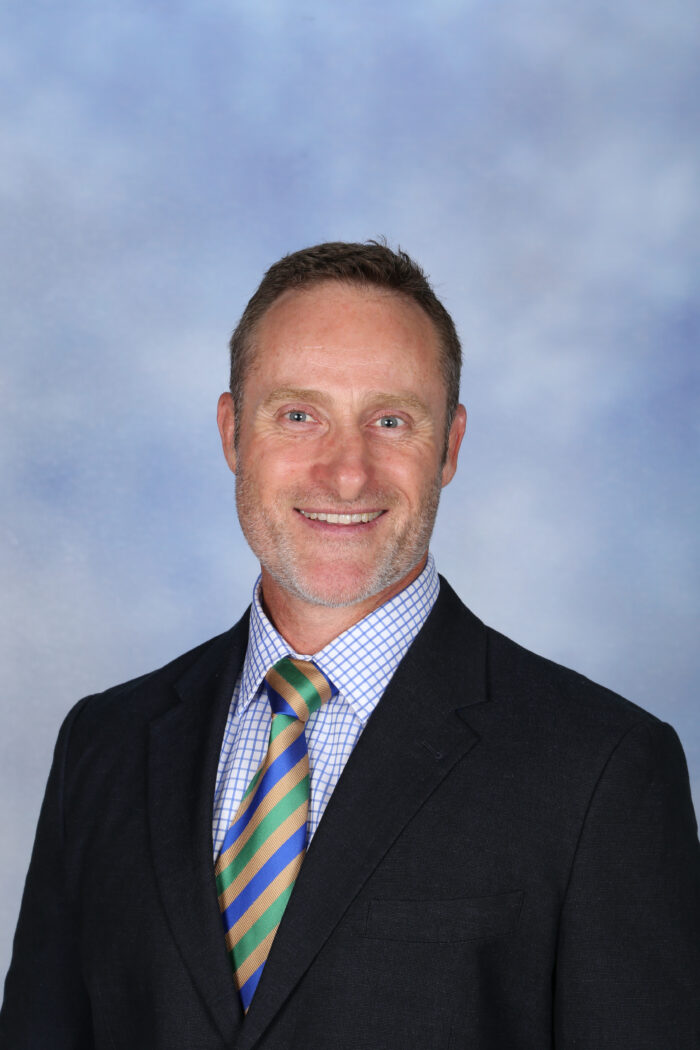
It has been fantastic to see students back training in preparation for competition over the summer season. For most sports, external competition will not begin until 2022 but as I walk around the grounds of an afternoon it has been pleasing to see the Cricketers in the nets, Basketballers on Belfield playing internal games, Futsal on the Middle School Courts, Kayaking engaging in water safety activities, Mountain Biking utilising Doody Park, Rowing out on Wakefield on the new ergs, Shooting back in the range and Tennis occupying both Park and MS Courts, HITT classes and Pilates taking place, Triathlon and Swimming back in the pool and Volleyball utilising the Gym. What strikes me is the variety of activities on offer at TAS and the sheer delight our students show as they return to physical activity in preparation for Summer Sport.
I wish to remind students and parents that the sports uniform is required to be worn at all training sessions. I have also included the current Summer Training Schedule which may change as we move towards preparing for competition.
Congratulations to all students who have accepted positions in the cast and crew of Rhinoceros. I commend Mr O’Connell and his team of staff and student leaders who have been involved in the process of auditions, callbacks and final castings. It is wonderful to see the huge interest across a range of year levels. No doubt there is a lot of work ahead but I truly hope the students enjoy the journey and soak up everything that a School Play has to offer.
Congratulations to Isabella Banister who last week received the NIAS Chairman’s Award. This award recognises an individual athlete in the Academy that has displayed outstanding sportsmanship and who has participated in activities both on and off the field. This individual may encourage and support others within the Academy and will often be a leader in their given sport. For Isabella, that sport has been Netball.
Mr Huon Barrett
Director of Co-curricular
Debating News
The TAS campaign in the National Virtual Debating competition came to an end on Thursday, with both our Opens and Middle School teams going down in spirited fashion in two very polished debates.
In the Senior division knockout semi-final against O’Connor Catholic College the Opens team (Hugo Catterall, Alexander Gibson, Hudson McAllister and Bridget Burnett) had the challenging task of affirming the topic ‘The publicly denying climate change should be illegal’. Despite presenting a strong case that the survival of the planet was a human right and that this trumped the freedom of speech by climate changes deniers – most usually from countries not at the coal face (no pun intended) – the adjudicator’s position was that while TAS had the better speakers and the stronger arguments overall, the team did not sufficiently setup a model to explain how legality would be determined and by whom, nor how the mitigation of climate change is being slowed because deniers have freedom of speech. It was a complex debate and full credit to the team for making it to just one win away from the grand final.
The Middle School team (Daniel Emmery, Samuel Krishnan, Jack Coddington, Stella Maroulis) had a similar challenge with their topic, countering the proposition ‘that smart phones should be banned for people under 18’. A strong case that emphasised the positive aspects and convenience of apps like Fires Near Me and Strava, the educational benefits as well as the impracticality of banning something that everyday life has adapted to since 2007, was deemed not enough to out-weigh Newcastle Grammar’s position that when all is said and done, safety was more important than usefulness. It was an abrupt end to a team that had gone undefeated throughout the entire competition and indeed finished with more points than any other school at the end of the Pool stages. They are a team with a strong future and already in discussions about the competition in 2022!
So ends this year’s debating and public speaking program. Congratulations to all students who took part, whether it be in inter-house, regional or national competitions – when so many other co-curricular programs were truncated or cancelled due to COVID-19, we were fortunate to have the opportunities we did.
Mr Tim Hughes
MIC Debating & Public Speaking
TAS 4 Hour
TAS 4hr – Friday 12 November 2021
Why?
To support some wonderful Charities and the Fourth event of the Triple Crown.
Which Charities are being supported?
As in 2019, TAS will again run for the ‘Guns out for Tombsy’, Foundation in recognition of TAS OA (1985) Richard Tombs who suffered a serious spinal injury and is still going through rehabilitation. We will also run for the late Anya Zuber (big sister of Alexander, current Year 11) and the late Peta Kerr (little sister of Lettie, current Year 11). The charity is “Anya’s Wish” (funding research into children’s cancer) and I cannot think of anything more appropriate than supporting those in our immediate community.
The event will run from 4-8 pm, with the McConville Centre being the HQ. All information has been sent to students. Unfortunately, current restrictions do not allow parents to join us this year. It is my obvious hope, that in 2022, we can once again welcome the TAS Community to all of our Challenge events.
Mr James Pennington

07. From the Head of Middle School
MR MARK HARRISON

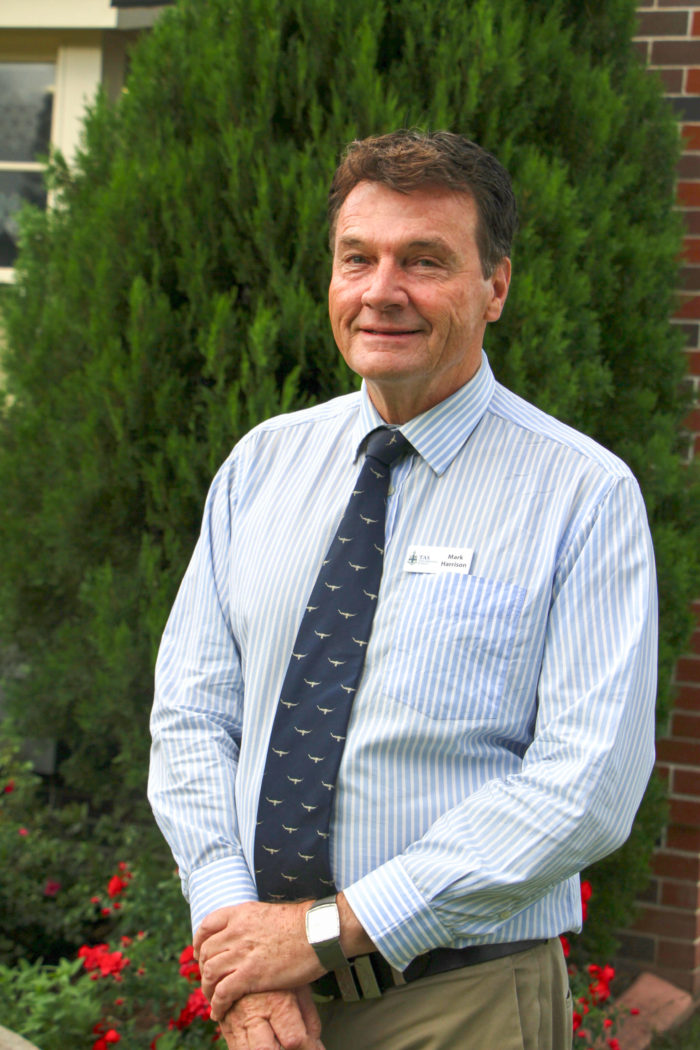
Yesterday I had a Leaders’ Meeting and already we’ve spoken about possibilities for the Final Assembly; we need to think about them too, as it’s not far away. As is so often the case, I spoke to a number of our leaders after the formal meeting concluded. And I can state happily that not much passes by without these young people taking notice. They’re aware that our Prime Minister is away and that he’s going to address climate issues, resources, emissions and, effectively, the health of their futures as adults. I wasn’t surprised: these people study Geography, Geology and the issue of Ethics doesn’t ‘escape’ them either. They know about their world and we shouldn’t think they don’t understand it or its intrinsic fragility and beauty (as Mary Shelley understood these issues in ‘Frankenstein’ in the early 19th century). I was impressed and I happily relegated myself to the status of the avid listener. These kids in our world are, I think, far more aware of its capabilities, strengths and limitations than we were at their age. I think the Middle School can boast its Greta Thunberg ‘equivalents’ and, if it’s representative of other Middle Schools, our futures will be better as a result. They’re challenging, these young people, and their greatest strength is that their comments are still largely unfettered by social experiences that tend to polish (or, depending on your mood, diminish) the sting in what they say – especially when they talk about their worlds.
In a sense, their narrative concerned itself with the theme of ‘rehumanising nature’ (my description, not theirs). Their actual conversation isn’t something I’ll quote; rather, it’s the import of their concerns that ‘got’ me. It reminded me of a text written long ago, and I give these kids full credit because their words affected me enough to research the dim darkness of my early years of study – and I feel better for the experience of research. It was Waldo Emerson in Henry Thoreau who felt that the curious world which we inhabit is ‘more wonderful than it is convenient; more beautiful than it is useful; it is more to be admired and enjoyed than used’.
Sometimes TV is good and sometimes computers are, too – they need to be because many of us spend a lot of time sitting in front of them. These young leaders represent their peers and they have fresh ideas about their world because of what they watch and research: they seem to want to rehumanise their future worlds because of their healthy viewing diet: ecotourism, Gardening Australia (yes, they watch this and they probably do so with you), David Attenborough’s documentaries, inspiring (still!) conservationists like David Suzuki, our own TAS mum Dr Steph Dloniak, and genuine nature writing all contribute – to an increasingly responsible youth culture that’s so good to observe. We need all these and more to restore an awareness that we can’t survive without healthy river systems, forests, soil, efficient water cycles and, very importantly right now, unpolluted skies. I believe we’re in good hands.
Today’s meeting won’t be remembered because of preliminary discussions about the Final Assembly, alone.
Mark Harrison
Head of Middle School

08. From the Head of Junior School
MR IAN LLOYD

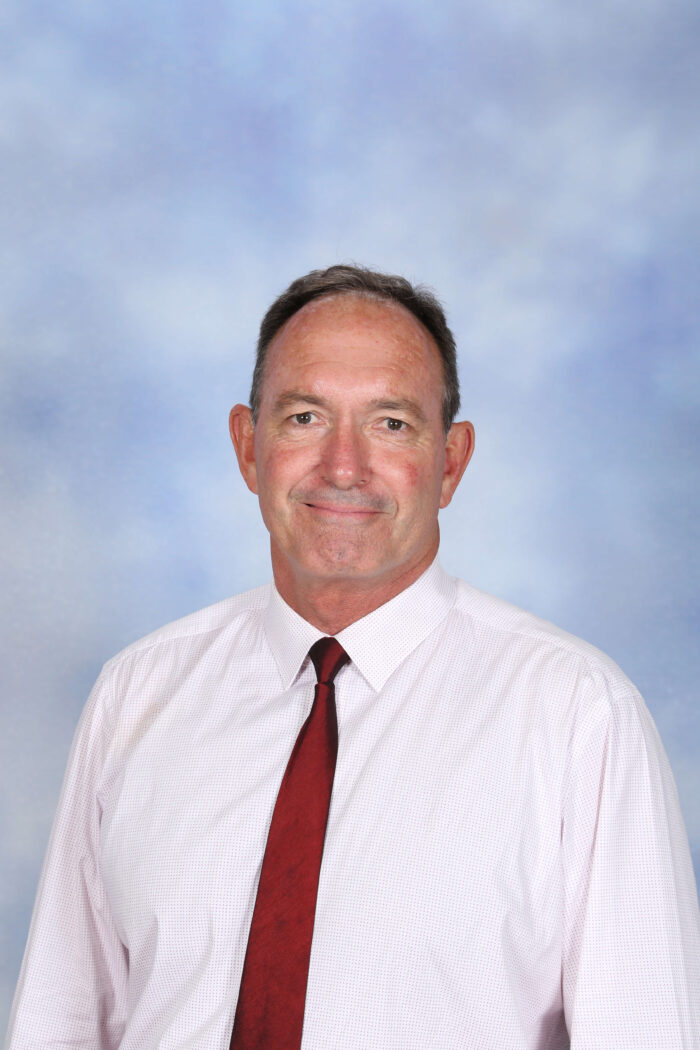
Appointment of new staff to Junior School
With the exciting news of the expansion of Junior School in 2022, I am pleased to announce that Mr Craig Norrie and Mr Toby Armstrong, will be joining our staff as classroom teachers next year in Junior School.
Craig attended school in Tamworth and completed his Bachelor of Education (Primary) through the University of New England. He taught briefly as a casual teacher in regional NSW, before taking up a position at St Mary’s Primary School in Armidale for the last two years. He comes to us as a teacher who has a real interest in embedding numeracy and literacy in all his lessons while having a particular passion for Science, History and Geography. He is a keen sportsman and has been heavily involved in playing, coaching and administrating various sports, particularly rugby.
Toby is also originally from Tamworth and has worked in a number of independent schools in Sydney as a casual teacher, with experience from Pre-Kindergarten to Year 6. With a Master of Teaching (General Primary), a Bachelor of Arts and a Bachelor of Music, his extensive musical background (clarinet and saxophone) includes many years as a specialist music tutor and an AMEB examiner. He has worked with various International Baccalaureate Schools and is very familiar with the PYP.
Both Craig and Toby are looking forward to joining the Junior School team and we warmly welcome them to TAS and the Armidale community. There will be further announcements in relation to staffing and rooming-in next week’s TAS Talks.
TAS 4hr – Friday 12 November 2021
In previous years, Junior School has been happy to support the ‘Guns out for Tombsy’, Foundation in recognition of TAS OA (1985) Richard Tombs who suffered a serious spinal injury and is still going through rehabilitation. We will also run for the late Anya Zuber (big sister of Alexander, current Year 11) and the late Peta Kerr (little sister of Lettie, current Year 11). The charity is “Anya’s Wish” (funding research into children’s cancer) and the TAS 4 Hour is a great way for us to support our community. The details of this event are advertised elsewhere in TAS Talks and we will be emailing the details to all Junior School families later this week. It will be a great occasion for us to join with others in our TAS family again, now the restrictions are easing.
Kirra Pendergast – Safe on Social Media – Resources for Parents
After three very informative and enlightening sessions with Kirra Pendergast on the topic of remaining ‘Safe on Social’ media, Kirra has shared the following resources with us all. I have been very happy with the feedback we received since hosting these sessions and encourage everyone to digest the message embedded in these resources. As parents and carers, nurturing the development of our young ones is one of our of biggest challenges…and that includes the phenomena that is social media and use of the internet.
These resources will go a long way to answering many of your questions …and hopefully raise new ones that we can all address as we go along our merry way together.
Year 5 PYP Exhibition
Hearty congratulations must go to our fabulous Year 5 class and their teacher and mentor Mrs Grania Fawcett, for the completion of the PYP Exhibition. Despite the extraordinary challenges presented by COVID, remote learning and the associated difficulties of facing circumstances well outside their control, Year 5 have risen to the task. As you will see through their websites (links attached) they have worked collaboratively to produce material worthy of commendation and your scrutiny. We congratulate them all and hope you enjoy the fruits of their labours…
#animalmigration4thenation
https://sites.google.com/as.edu.au/
Priorities for Minorities
https://sites.google.com/as.edu.au/pfm/home-page
Shock Squad
https://sites.google.com/as.edu.au/shocksquad/home
Per Historia Migration
https://sites.google.com/as.edu.au/phm/phm
E.A.R.S
https://sites.google.com/as.edu.au/ears/home
Mr Ian Lloyd
Head of Junior School
| Term 4 Dates | |
| Friday 12 November | TAS 4hr |
| Thursday 18 November | Orientation/Step up day (more to come) |
| Friday 19 November | Year 5 End of Year Dinner – Wicklow Hotel
|
| Wednesday 24 November | Junior School Final Assembly |
| Thursday 25 November | Junior School Christmas Carols |
| Tuesday 30 November | Junior School Pool Party – Monckton Aquatic Centre |
| Wednesday 1 December | Junior School Speech Day (tba)
End of Year Celebrations (tba) School Concludes at 3.30 pm |

IB Primary Years Programme (PYP)
The Year 5 Exhibition
The Year 5 Exhibition is the culminating inquiry of the TAS Junior School PYP. It is an exciting and rewarding experience for the students, their teacher and mentors.
The exhibition allowed the Year 5 students an opportunity to think beyond the demands of the curriculum. It has enabled them to demonstrate agency where they have had choice, voice and responsibility in terms of their deep, collaborative and conceptual inquiry.
The Year 5 students have demonstrated commitment throughout their PYP Exhibition in what has been an extremely challenging time. Despite this, they have been resilient and developed skills that will last a lifetime. Collaboratively, the students have unpacked lines of inquiry, recorded their learning journey in an impressive transdiscilinary portfolio and designed and published impressive websites.
Each of the students has demonstrated passion, persistence, curiosity and adaptability. They have been able to reflect upon the exhibition journey and provided some valuable advice to our current Year 4 students who will embrace this in 2022. Enormous pride was also taken when they showcased their work to the remaining Junior School classes.
I would like to publicly acknowledge the work and drive of Mrs Grania Fawcett who is not only new to the PYP but also the Year 5 Exhibition. She has continued to provide encouragement, support, extensive feedback and has ensured all students have been engaged and had the opportunity to have exercise student agency. The exhibition process requires careful planning and explicit teaching to ensure that the students can build their conceptual understanding by making connections between new knowledge acquired and their prior knowledge.
Well done to all the Year 5 students.
Mrs Veronica Waters
PYP Coordinator
- Year 5 sharing their portfolio with Year 4 students
- Advise shared on how to approach the PYP Exhibition

Junior School Sport
Basketball
Knee-high socks, baggy shorts, caps on backwards – that’s right, basketball is back!
It was not only the Year 12s cheering this week, as the coaches and students gathered for the start of the basketball season.
Even though we are limited to training only this term, it did not suppress the enthusiasm of the mini-ballers in their rookie season. These restrictions provide us with the perfect opportunity to work on our technique and teamwork before the season opener in Term 1.
Everyone gave their full attention and effort, with ‘hand in the cookie jar’ the clear favourite drill (for obvious reasons).
Well done to all of the players on their first session.
Mr Ken Secker
Indoor Hockey
JS Indoor Hockey had its second practice on Monday afternoon in the TAS gym. Students honed their passing skills under the watchful eye of Ms Emily McDonough, who also showed them how to stop and bank a ball. Rest assured Mr Taylor that all sticks were properly taped up to protect that premium shine…. on the gym floor. We’re all looking forward to a great season ahead!
Mrs Lorna Ahern



